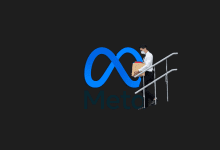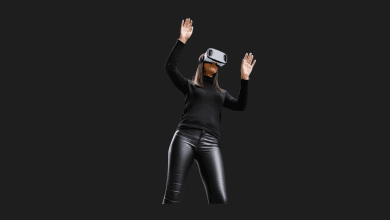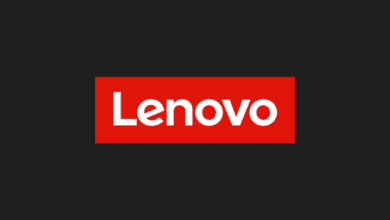The Future of Work: Exploring the Metaverse
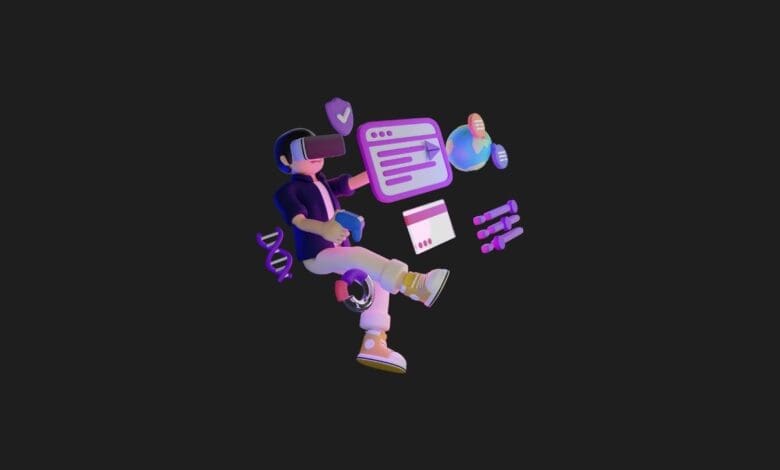
The concept of working in the metaverse represents a significant evolution in the way we perceive and engage with the digital world.
The metaverse, often described as a collective virtual shared space created by the convergence of virtually enhanced physical reality, augmented reality (AR), the internet, and the latest immersive technologies, offers a new platform for work, play, and social interaction.
As we look towards the future, the possibility of working within the metaverse is not just a speculative science fiction idea but a plausible evolution of remote and digital workspaces.
This article explores the potential for the metaverse to transform our work environments, the benefits and challenges it presents, and what this means for the future of work.
The Transformation of Workspaces
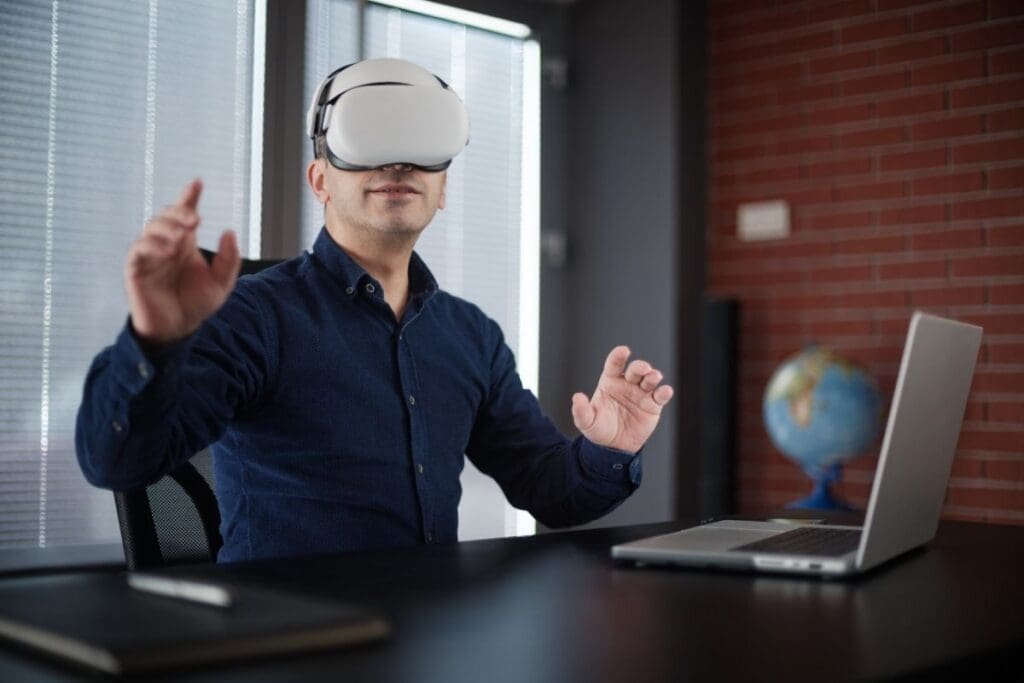
The COVID-19 pandemic accelerated the adoption of remote work, demonstrating that many jobs can be performed outside traditional office environments. This shift has prompted a reevaluation of what the future of work looks like, with an increasing interest in digital-first workplaces.
The metaverse offers an extension of this trend, proposing a virtual space where employees can interact with each other and with digital objects in a more immersive, engaging way than current video conferencing and chat software allow.
Potential Benefits
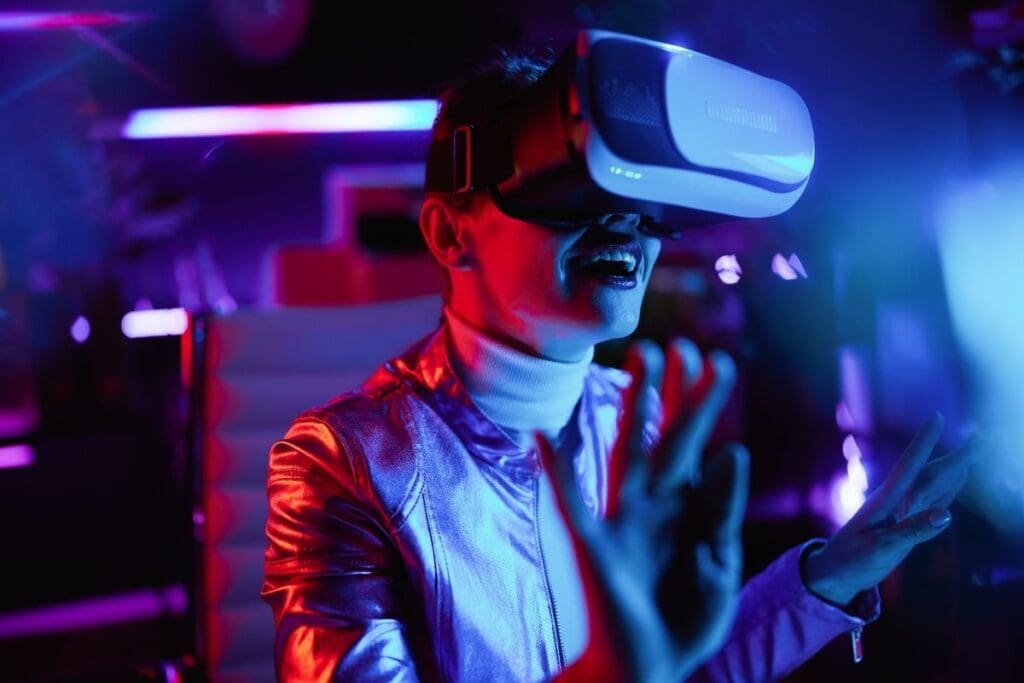
- Enhanced Collaboration and Creativity: The metaverse can provide immersive collaboration spaces that mimic physical offices or offer entirely new environments that enhance creativity. Imagine brainstorming sessions where ideas are represented by 3D models or virtual environments that can be manipulated in real-time by team members from around the globe.
- Increased Flexibility and Accessibility: Just as remote work has opened up opportunities for people regardless of their geographical location, the metaverse could further enhance accessibility. It could offer work environments tailored to people with disabilities or those who require specific accommodations, making the workplace more inclusive.
- Improved Work-Life Balance: By eliminating the need for commuting and providing more flexible work environments, the metaverse could contribute to a better work-life balance. Employees could transition more seamlessly between personal and professional activities, potentially reducing burnout.
Challenges and Considerations
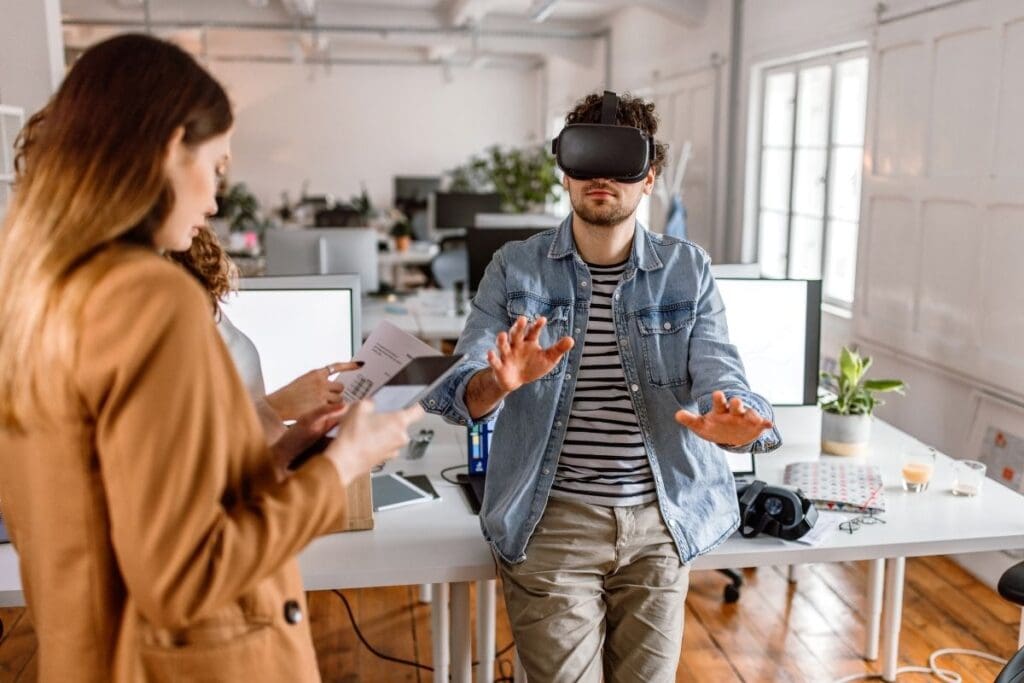
- Technological and Economic Barriers: The widespread adoption of the metaverse for work requires significant technological infrastructure, including high-speed internet access and advanced computing hardware. These requirements could exacerbate existing digital divides.
- Privacy and Security Concerns: The metaverse raises significant privacy and security questions. The collection of biometric and personal data, required for a fully immersive experience, could be misused if not properly regulated and secured.
- Social and Psychological Impacts: The long-term effects of working in a virtual environment are still unknown. Issues such as isolation, the blurring of work-life boundaries, and the impact on physical health need to be carefully considered.
The Road Ahead

The transition to working in the metaverse will not happen overnight. It will require careful planning, significant technological advancements, and robust legal frameworks to address privacy, security, and equity issues.
Companies like Facebook (now Meta), Microsoft, and Google are investing heavily in this space, indicating a strong belief in its potential. However, the successful integration of the metaverse into our work lives will depend on addressing the challenges and ensuring that these new virtual spaces are accessible, safe, and beneficial for all.
Conclusion
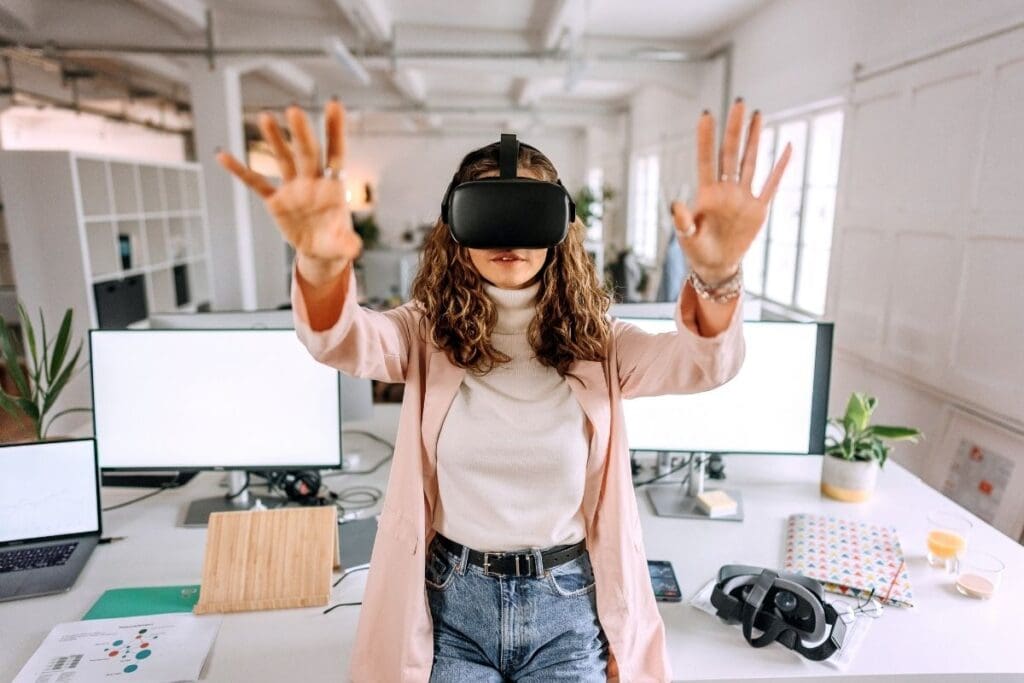
The possibility of working in the metaverse offers an exciting glimpse into the future of work, promising to transform how we collaborate, innovate, and balance our professional and personal lives. However, realizing this potential will require overcoming significant challenges.
As we navigate this transition, it will be crucial to prioritize inclusivity, privacy, and the well-being of workers. If these issues can be successfully addressed, the metaverse could herald a new era of work, characterized by unparalleled flexibility, inclusivity, and creativity.


